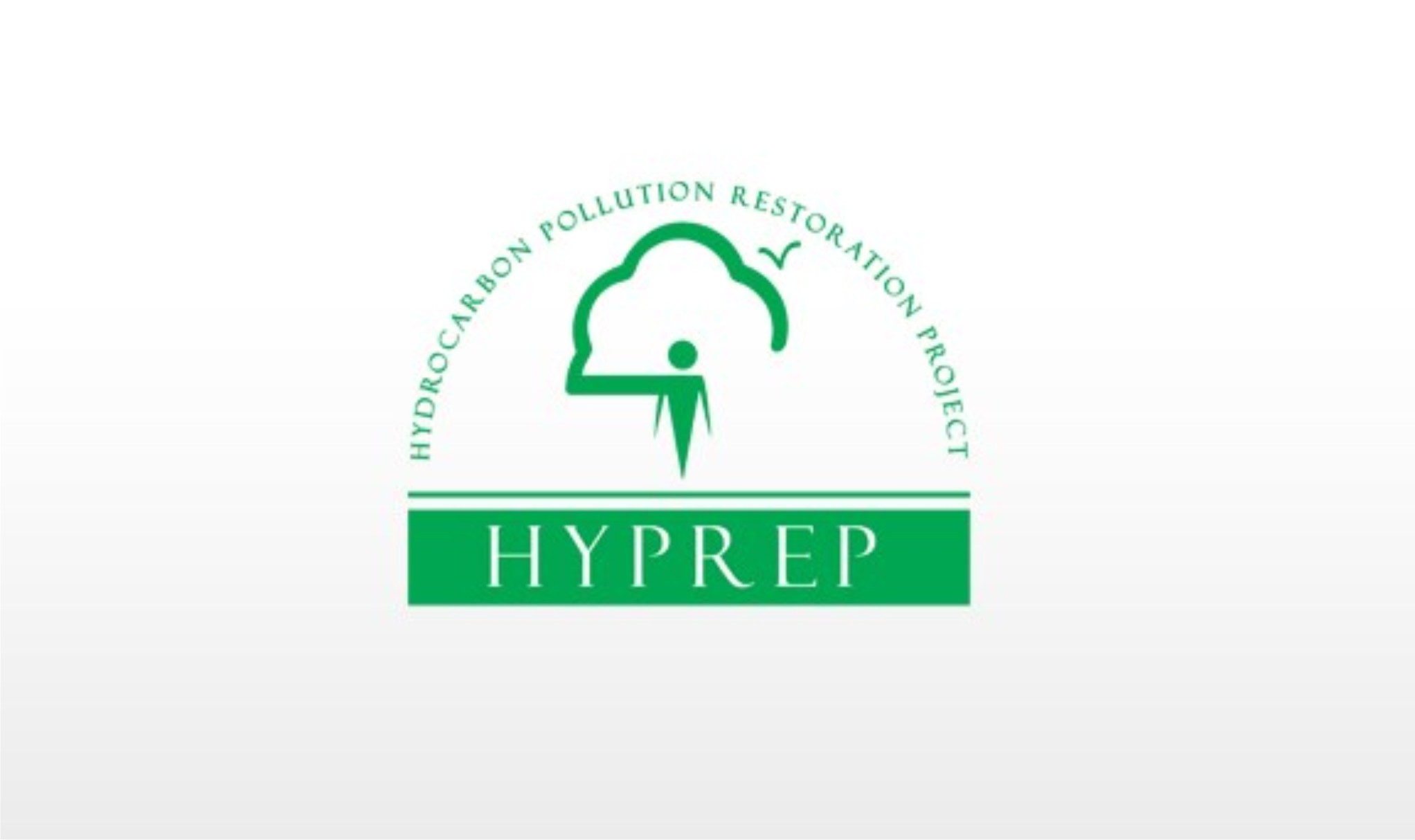Niger Delta
Group Threatens To Invoke FoI Act Over HYPREP’s Transactions

Peeved by the slow pace of the Ogoni clean-up exercise, a group ‘Sustainable Ogoni People Initiative (SOP) says it would invoke the Freedom of Information (FOI) Act to launch an inquest into the financial transactions of the Hydrocarbon Pollution and Remediation Project (HYPREP) in the area.
The group through its solicitor, Reliefs Law Chamber, is seeking to know the total amount of money so far released for the clean-up, list of contractors engaged for the exercise, details of funds released to the contractors and copies of such contractual agreement.
The Tide reports that HYPREP had collected about US$180million from key stakeholders including Shell Petroleum Development Company (SPDC) as the first tranche of the US$1billion recommended by the United Nations Environmental Programme (UNEP), as a takeoff sum for the Ogoni cleanup.
In a telephone interview, Executive Director of SOPI, Dr Gbenekanu Ledornu Mpigi said the inquest was not to witch-hunt HYPREP or anyone outside of the organisation, but “to put the records straight and accord the Ogoni people the right of knowing how their money is being spent.”
Mpigi said the group also requested to be furnished with accurate information on the activities of HYPREP not later than seven days in accordance to the law establishing the Freedom of Information Act, saying, “the move was imperative to ensure transparency, accountability, sincerity of purpose and adherence to specifications as contained in the Ogoni UNEP Report.”
He further said that the information would also ensure general participation of the Ogoni folks in the clean-up project.
Also speaking, Barr Clinton Biragbara of Reliefs Law Chambers said, “Ogonis, Rivers people and Nigerians are not satisfied with the operations of HYPREP. And they have the ultimate right to know what is going on there. This is the reason we are requesting for this information from them (HYPREP).”
It would be recalled that activities of HYPREP in the last few years have generated several reactions, with some alleging that the organisation is neither transparent nor living up to its expectations in terms of pace of work as far as the clean up exercise is concerned.
Dennis Naku
Niger Delta
Oborevwori Launches Medical Outreach For Children With Special Needs

Niger Delta
UniCal Commits To Nursing Education Dev In C’River

Niger Delta
Agency Demolishes Illegal Roadside Structures In Delta N8 by … Clears Street Traders

-

 Sports5 days ago
Sports5 days ago2026 WC: Nigeria, DR Congo Awaits FIFA Verdict Today
-
Politics5 days ago
ADC, PDP, LP Missing As INEC Set For By- Elections In Rivers
-

 Environment5 days ago
Environment5 days agoOxfam, partners celebrate 5 years of climate governance programmes in Nigeria
-
Politics5 days ago
FG’s Economic Policies Not Working – APC Chieftain
-

 News4 days ago
News4 days agoVictory Over Insurgency Certain, Tinubu Assures
-

 Politics5 days ago
Politics5 days ago2027: Diri Unveils RHA LG Coordinators, APC Congress Panel
-

 Politics5 days ago
Politics5 days agoReps To Meet,’Morrow Over INEC’s 2027 Election Timetable
-

 Politics5 days ago
Politics5 days agoGroup Continues Push For Real Time Election Results Transmission

